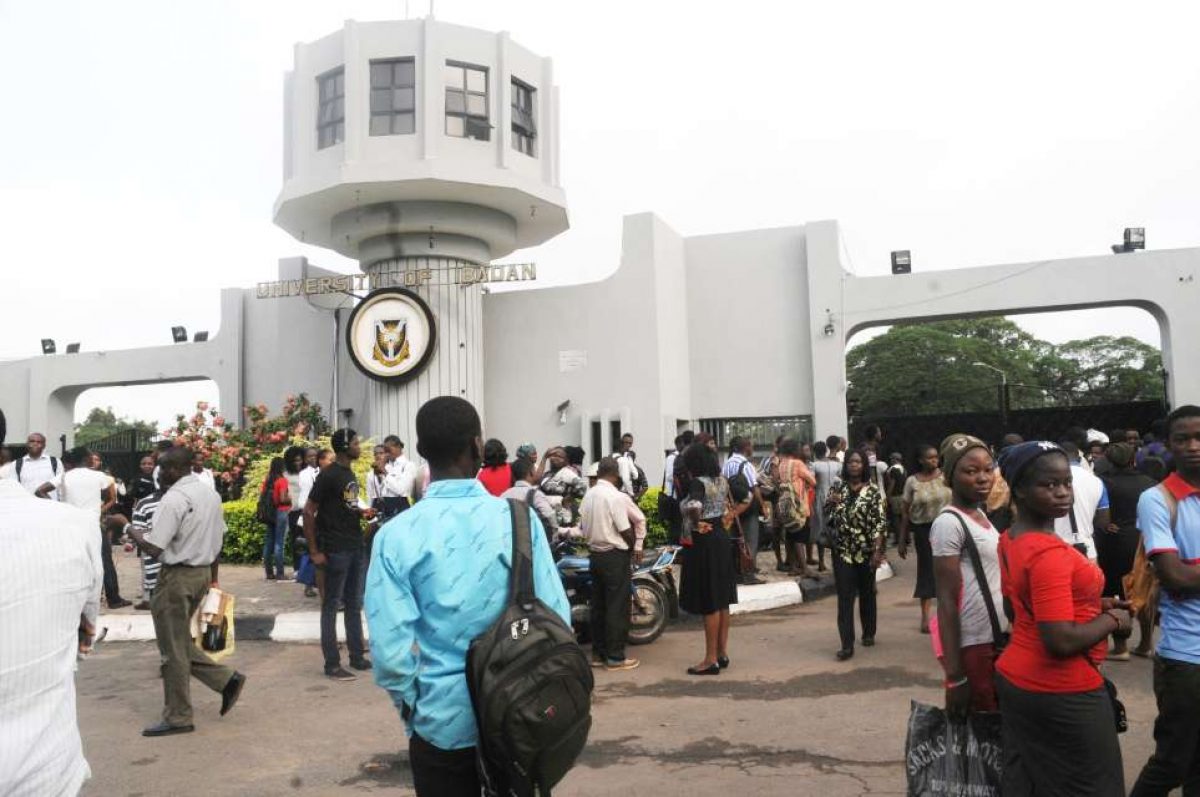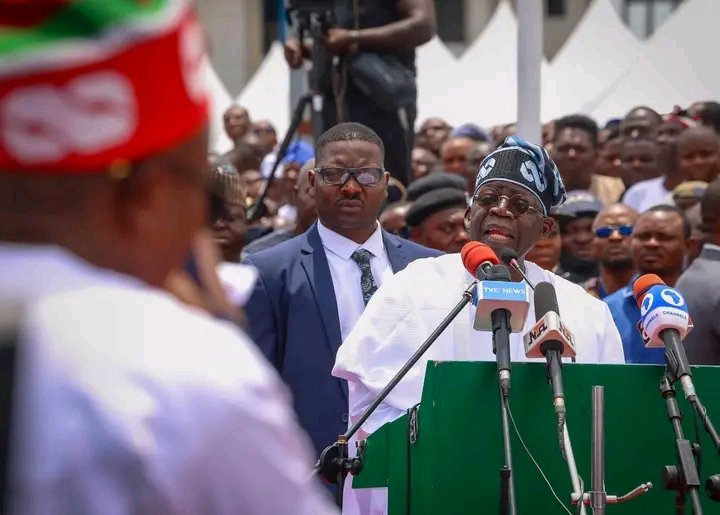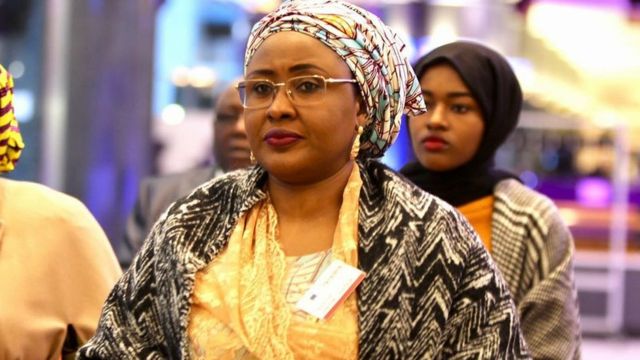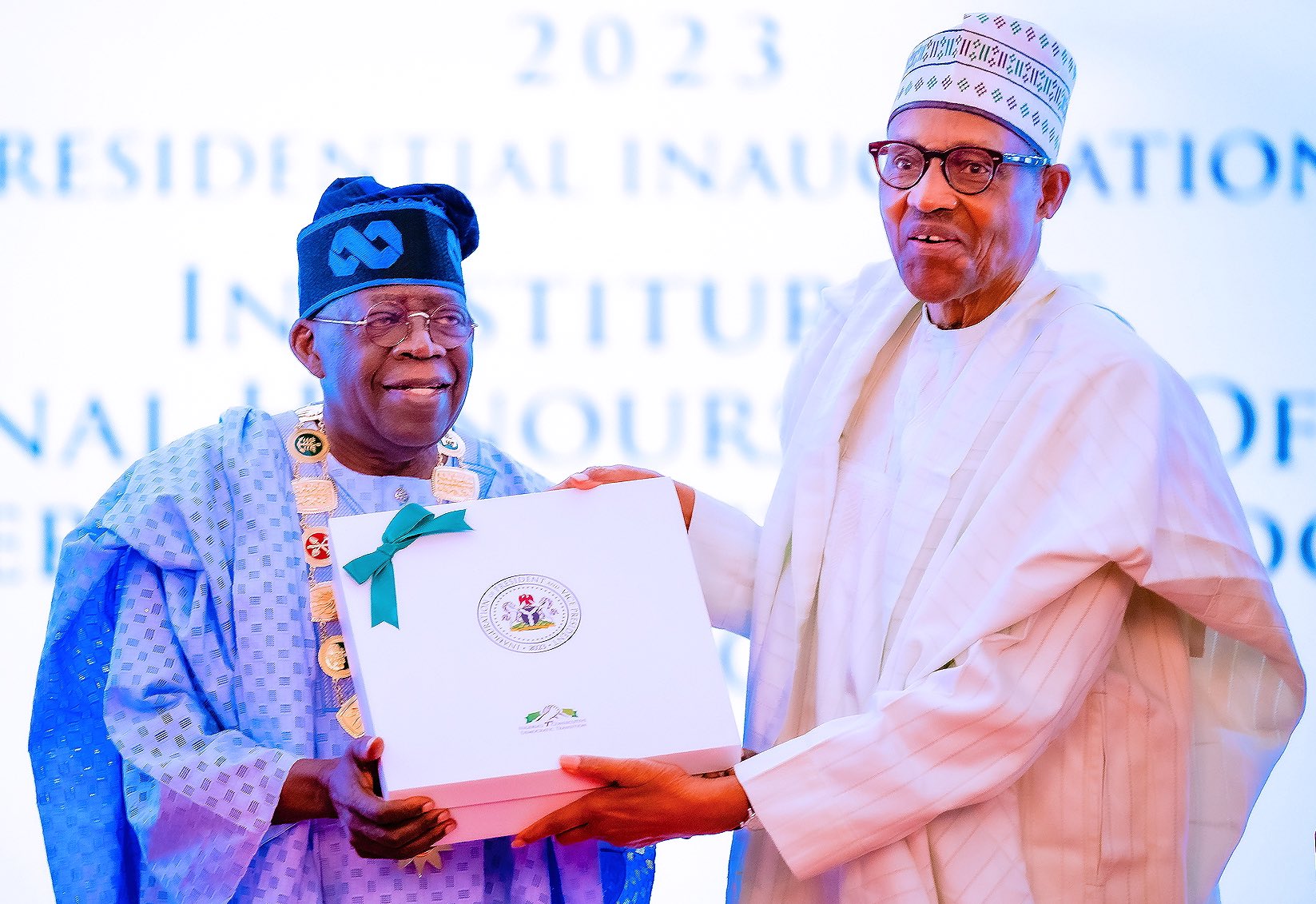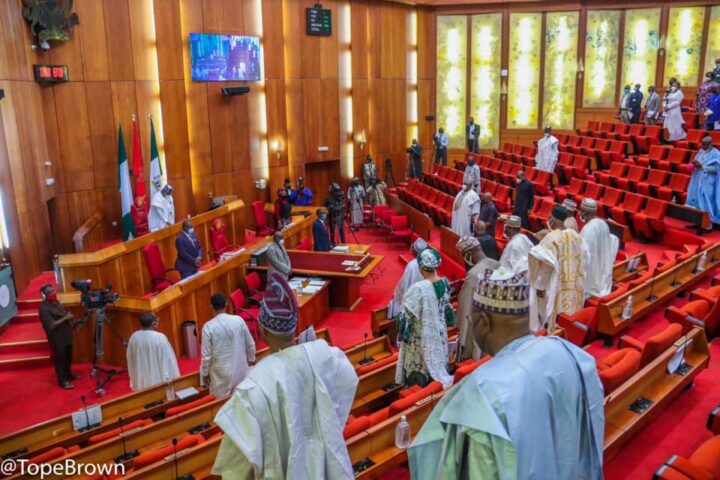Africa’s largest economy, Nigeria, held an election in February that will usher in new leadership. Bola Ahmed Tinubu was named president-elect, but the election results have been marred by controversy. The opposition is currently challenging the results at the presidential election petition tribunal, alleging that the Independent National Electoral Commission (INEC) mismanaged the election.
This controversy will leave Nigeria with a president of questionable legitimacy during a crucial time when the country must come together to find a new national purpose. While all eyes remain on the petition tribunal as it tries to assess the validity of the claims, I think it is important to delineate the work cut out for Bola Tinubu when he is sworn in next week.
I believe that the country’s food security situation requires his prompt attention. According to the 2020 Global Hunger Index, Nigeria ranks 98th out of 107 countries, indicating serious hunger and malnutrition. The report states that about one in three Nigerians is undernourished, and one in five children are stunted due to chronic malnutrition. Also, the World Food Programme states that over 20 million people in the country suffer food insecurity, with many living in regions affected by conflict and displacement. The COVID-19 pandemic has further exacerbated the situation, leading to job losses and economic hardship, making it more difficult for many families to access adequate food. Poor infrastructure, inadequate agricultural investment and climate change also continue to pose significant challenges to food security efforts in Nigeria.
The lack of adequate and nutritious food is not the country’s only issue. There are also security problems ranging from terrorism to ethnic tensions, banditry and kidnapping, which have impacted the economy, leading to low GDP per capita relative to its huge population, high unemployment and poverty levels. Corruption is another problem that has negatively affected the country’s economic growth and development. Politicians have been known to divert public funds meant for development and public services into personal accounts and buying of properties.
Advertisement
Additionally, Nigeria’s debt situation is a matter of concern that has drawn the attention of various international financial institutions. As reported in 2021 by the World Bank, the country’s total external debt stands at around $33 billion, a significant increase from previous years. This rise in the country’s debt can be attributed to the government’s mounting budget deficits and the need to secure funds for infrastructure projects nationwide. Growing debt servicing costs and low revenue collection intensify the pressure on Nigeria’s vulnerable economy, causing analysts to worry about its full ability to repay its debts.
The debt situation is further worsened by the uncompetitiveness of Nigerian states, which has impeded the progress of non-oil revenue. States face challenges such as poverty, underdevelopment and insecurity that restrict their competitiveness. This has resulted in Nigeria ranking 116th out of 141 countries, according to the World Economic Forum’s 2019 Global Competitiveness Index. The issues outlined above have slowed Nigeria’s economic growth and made it difficult to attract foreign investment. So what steps should Tinubu take to rectify these issues?
One of the major challenges that Tinubu would have to face as a leader in Nigeria is the issue of growing insecurity levels. The current security situation demands an urgent need for police reform in Nigeria. The traditional centralised policing system in the country has shown its limitations in handling the rising insecurity, particularly in managing terrorist attacks and criminal activities. So, it is crucial to initiate community police reforms that will help reinforce law and order in all of the country’s states.
Advertisement
Community policing would create a better understanding of the specific security needs of each state, and the local police are likelier to work better with communities to prevent crime than the national police force by gathering intelligence from different localities in a manner that is more likely to be trusted by people indigenous to various communities, rather than the current situation where there is no trust and the national police tends to act as an occupation force. However, while implementing such police reforms, certain factors need to be considered to prevent the creation of mini-emperors across the country. Measures such as regular audits, proper legal frameworks, and strict supervision must be implemented to ensure that the recruited officers are fit, properly trained and deployed in line with a well-defined law.
The new president must also tackle Nigeria’s infrastructure shortage and highlight the importance of enhancing non-oil exports from the mining and agricultural sectors. The railway infrastructure must attain sufficient coverage for both industries to foster the creation of sustainable towns and cities and ultimately decrease migration rates to primary states and their capitals.
Nigeria’s limited rail infrastructure has a greater impact on its economic progress than is commonly recognised. Apart from the Land Use Act which limits property rights in the country, the limited railways are a significant factor hindering investments in mining, agriculture and manufacturing. Road transportation is typically costlier, less dependable and more susceptible to theft and equipment damage. So, the incoming government should prioritise developing the rail system. Fortunately, individual states now have the authority to construct railways, but the Tinubu administration must provide financial assistance to enable the states to do so.
This evokes an urgent demand for devolution. I think it would be helpful if Tinubu supports necessary constitutional changes and enables states to capitalise on existing opportunities. For instance, the Nigerian Minerals and Mining Act of 2007 stipulates that the federal government owns and regulates all minerals and gases in the country but also empowers state governments to participate in the extraction of minerals within their respective states.
Advertisement
Despite the significance of state economy and empowerment, Nigeria’s new president must acknowledge that the violence, terrorism and unrest posing a threat to the country’s peace stems from the Sahelian region. A potential solution will be using irrigation to reclaim land lost to desertification.
While I have tried to suggest solutions to Nigeria’s teeming problems, the success of my proposed policies rests on the shoulders of a visionary and competent leader who can provide purposeful leadership and governance. The incoming president must be able to implement policies that will address the food security situation, boost economic development and create jobs for the young population. His government must also address corruption by strengthening institutions, promoting transparency, and engaging in serious anti-corruption campaigns.
Noteworthily, the country’s challenges would also require international support and collaboration, but the international community appears to be preoccupied with the Ukrainian conflict, which has had significant direct impacts on global food and oil market prices. As a major exporter of crude oil, Nigeria’s economy has been affected by the fluctuations in the global oil market caused by the disruption of Russian gas exports to Europe through Ukraine. Nigeria’s dependence on imported refined products, resulting from its inability to refine its crude oil, has left it vulnerable to rising refining costs, straining its fuel subsidy programme.
Furthermore, the Ukrainian war has heightened the competition for foreign aid and development resources, thus negatively impacting Nigeria’s development agenda. Despite these challenges, the country remains strategically important to Europe and the United States. The Ukrainian war may distract the international community, but a collaborative effort between local and international actors is crucial for Nigeria’s economic and all-around development.
Advertisement
Specifically, the incoming administration must not undermine the international community’s contribution to its oil sector development. The European Union (EU) is Nigeria’s largest trading partner, with total trade amounting to €39.3 billion in 2019. The United States is also a major trading partner, with total bilateral trade of $8.4 billion in 2020.
Finally, Bola Tinubu needs to come to terms with his significant legitimacy challenges stemming from his pre-election behaviour and how the elections were conducted and evaluated. To sustain Nigeria’s democratic experiment, which has only lasted for 24 years and has never been so despised and distrusted, he must admit the flaws in the process that led to his presidency and strive towards enhancing the credibility of the electoral process.
Advertisement
Nwanze is a partner at SBM Intelligence
Advertisement
Views expressed by contributors are strictly personal and not of TheCable.
Add a comment


